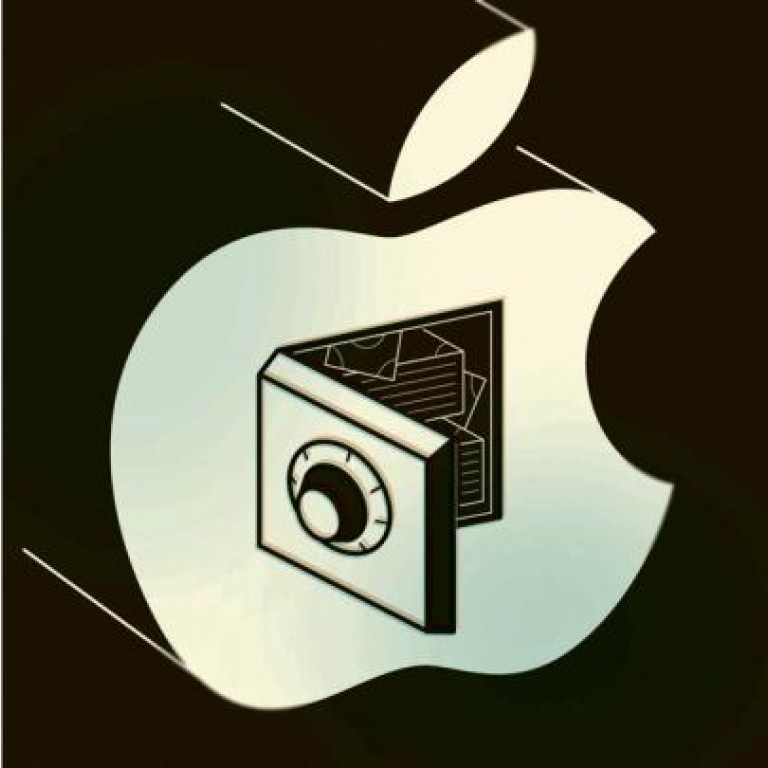
Conflict of interest: shareholders versus staff
Conflicts arise when the interests of investors clash with those of the people running - and trying to innovate - at listed firms like Apple
Recent events at Apple have provided a classic illustration of the clash between the interests of shareholders and the people running listed companies.
Often these issues come to a head when a public company gets into trouble, but at Apple, the clash stems from its success: the firm has amassed a mind-blowing cash pile of US$137 billion, prompting a row over what do with the money.
Before giving further consideration to events at Apple, let's step back and consider some basic issues.
In theory, shareholders give money to firms in return for partial ownership. Take the theory a bit further and you will find ideologues going on about things like "shareholder democracy" and shareholding as a means of making companies permanently accountable to all investors.
This is all fine and dandy but the facts are that once a company's shares have been floated, and unless they make a new share issue, shareholders are not providing new capital, merely trading equity in companies that have already raised the cash. This exercises a powerful influence on the way shareholders think, because their interests centre on the performance of their shares, which may well not be the same thing as the trading performance of the company. Thus, for example, the shares of a company hitting business difficulties may well rise if a takeover is in prospect.
However, some longer-term shareholders might have an interest in obtaining a better yield from their investment and therefore focus on dividend payments.
Again this is not a straightforward matter of distributing a fixed proportion of the profits, but one of the directors' views of how much cash should be retained for further business development and what can be handed out to shareholders.
At Apple, shareholders have been calling for higher dividends while the highly activist Greenlight Capital group, led by David Einhorn, went so far as to sue Apple for the creation of a special category of high yielding stock for shareholders. Greenlight has dropped the lawsuit but the avid discussion over Apple's cash pile remains.
Tim Cook, Apple's chief executive, had a hard time at the company's recent annual general meeting and went out of his way to assure shareholders that he was thinking about them "probably more than you know". Apple needs to be constantly innovating to be competitive. Innovation costs money, not just to develop new products but to be able to cover the inevitable failures.
But Cook's critics are only talking about the falling share price and how shareholders can get their hands on the cash pile, not about the needs of the business. And here's the rub, because most successful businesses are focused on developing products, not on the most abstract matter of boosting the daily share price.
In Hong Kong, shareholder activism is mute. This is largely explained by the fact that founding shareholders tend to retain controlling stakes in firms, which means activists rarely push through changes.

